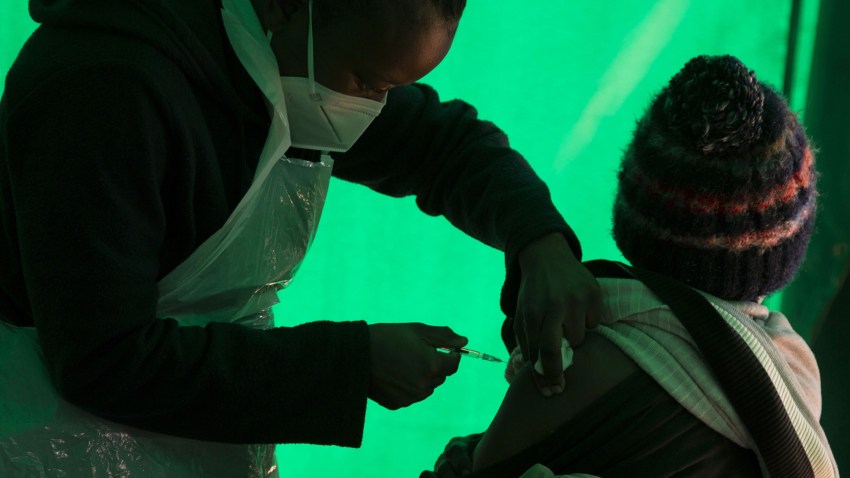Two weeks after the WHO declared the spread of mpox, formerly called monkeypox, in a number of countries in Africa to be a global health emergency, Nigeria has received 10,000 doses of the mpox vaccine donated by the United States. However, the Democratic Republic of Congo, the epicenter of the current outbreak, has yet to receive any vaccine doses. (Reuters)
Our Take
The WHO’s declaration two weeks ago has brought newfound attention to vaccine inequalities around the world. Two years ago, when an outbreak of mpox began to affect Western countries, those governments moved quickly to stop the spread of the disease within their own borders with effective vaccine distribution programs. They were able to do so because many Western countries have large stockpiles of the vaccine available.
No such stockpiles exist in Africa, largely because the pricey vaccines are out of reach for low-income countries. Meanwhile, the international aid agencies that would normally purchase and supply the shots for these countries need WHO approval to do so, which they still don’t have, although the WHO did say the organizations could start talks with vaccine makers while it works on emergency approval.

